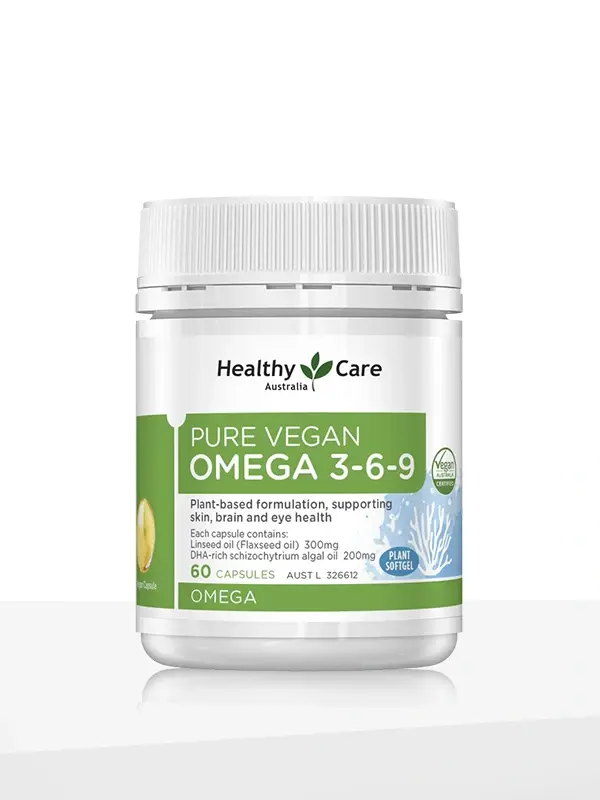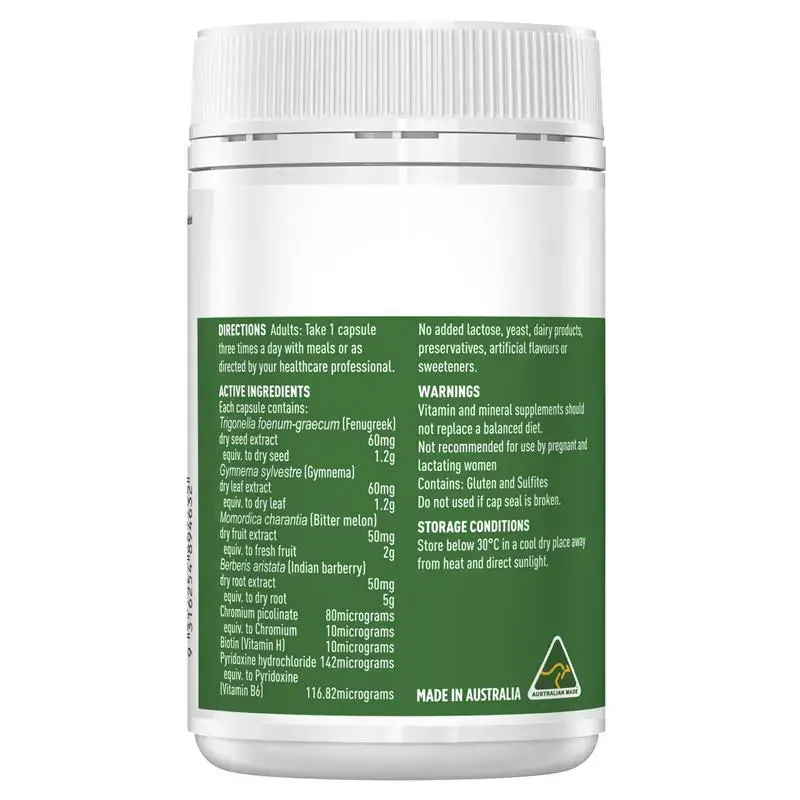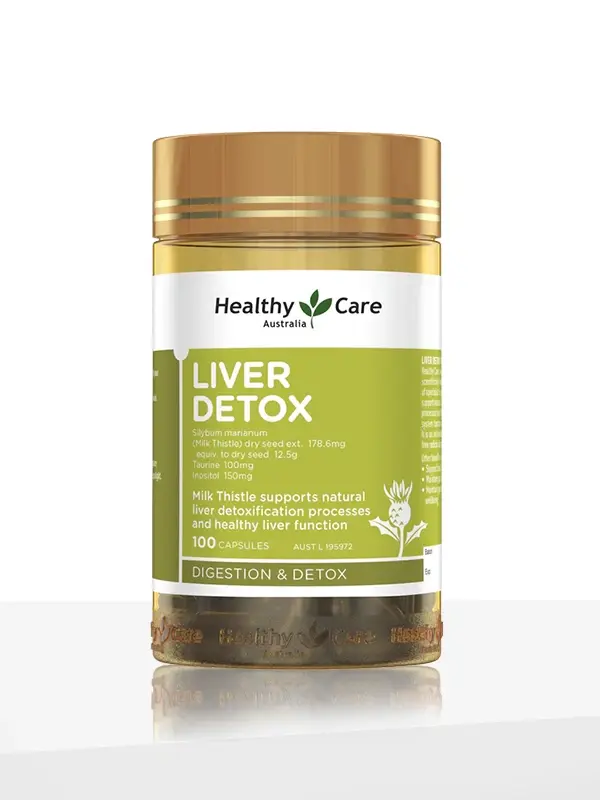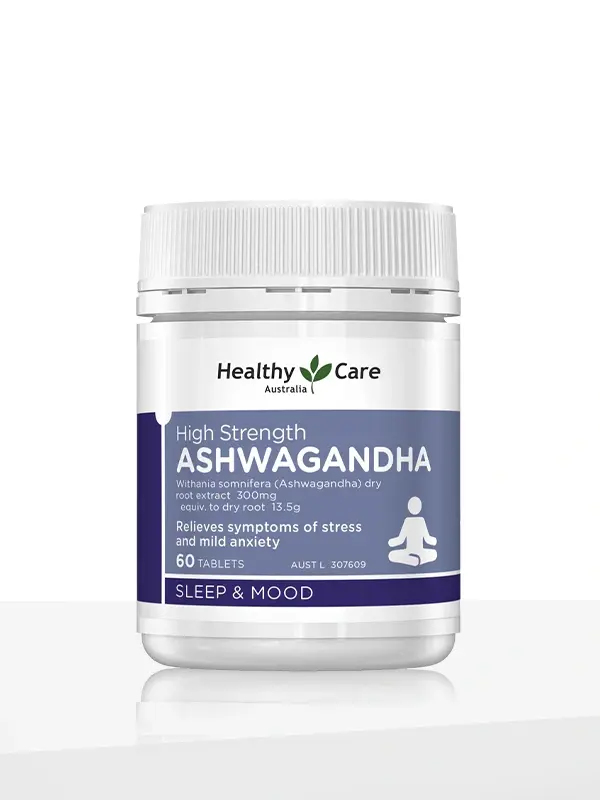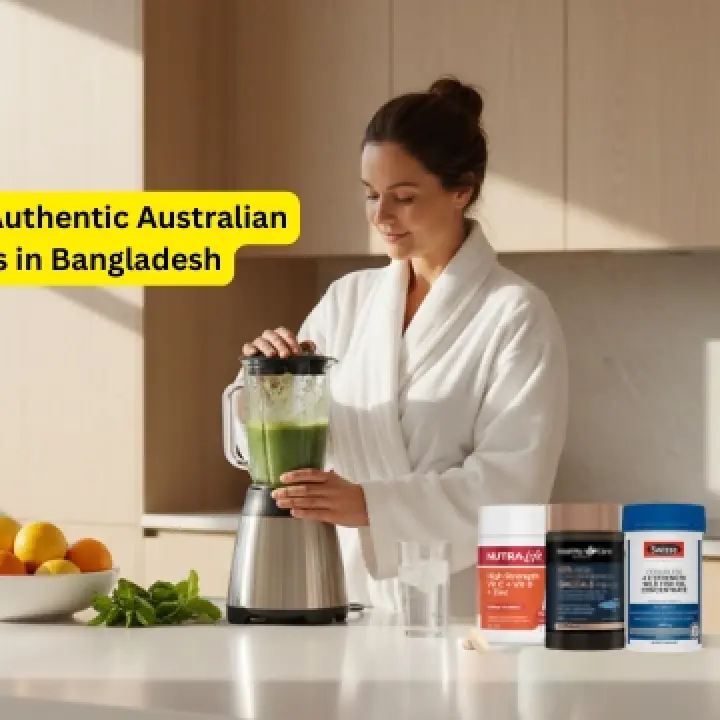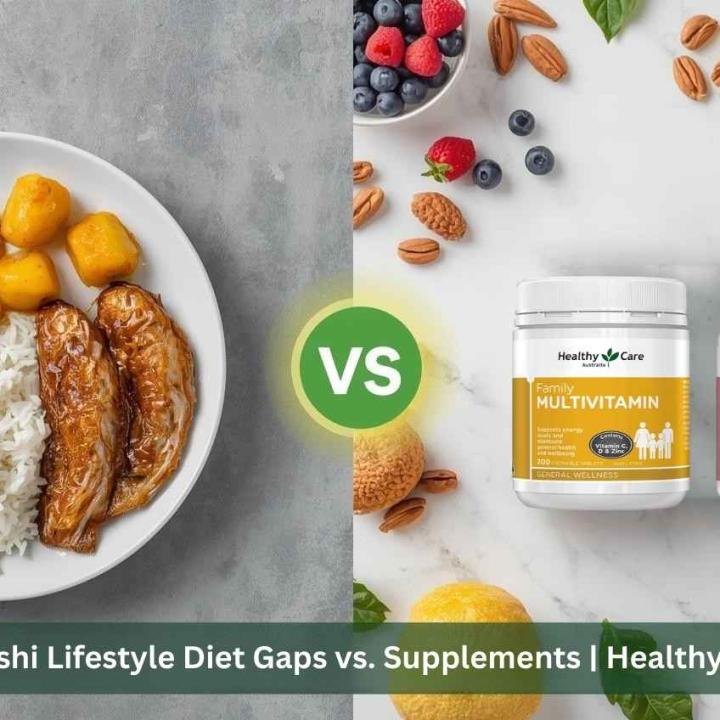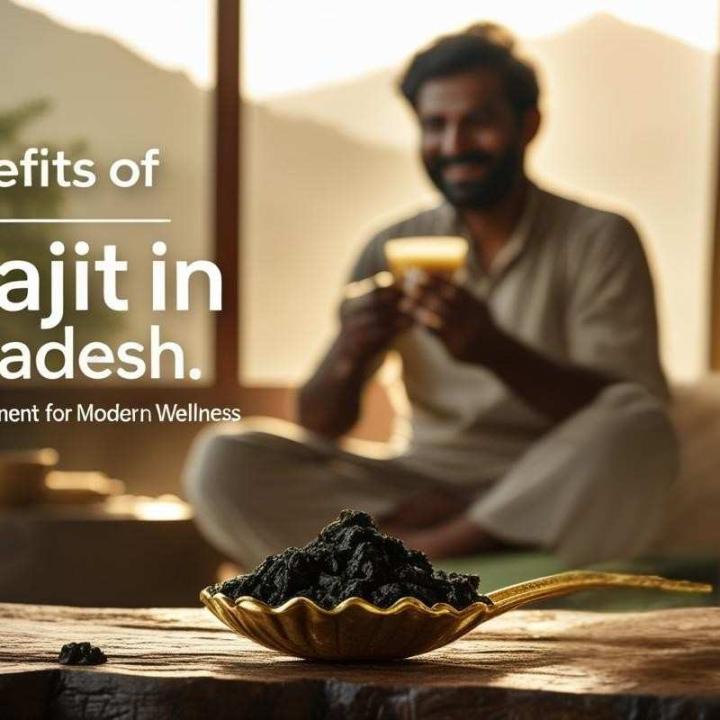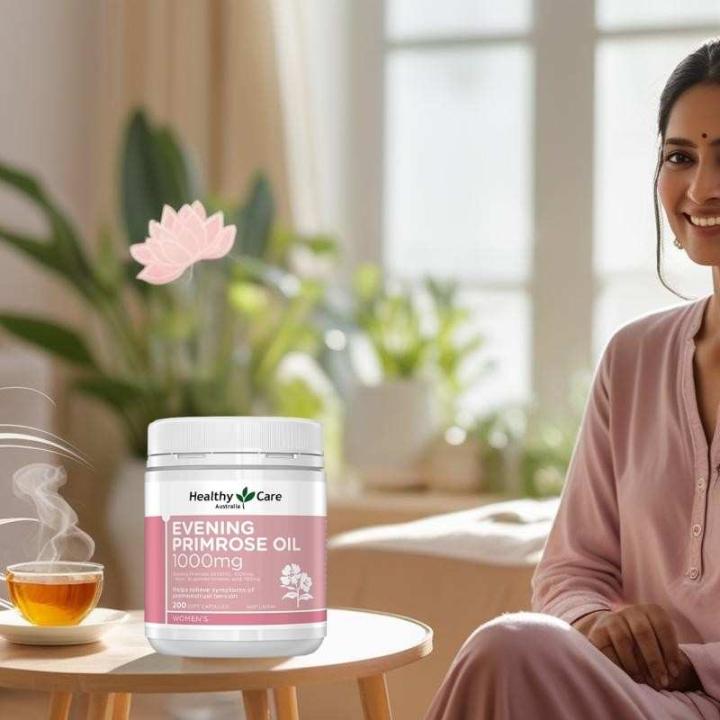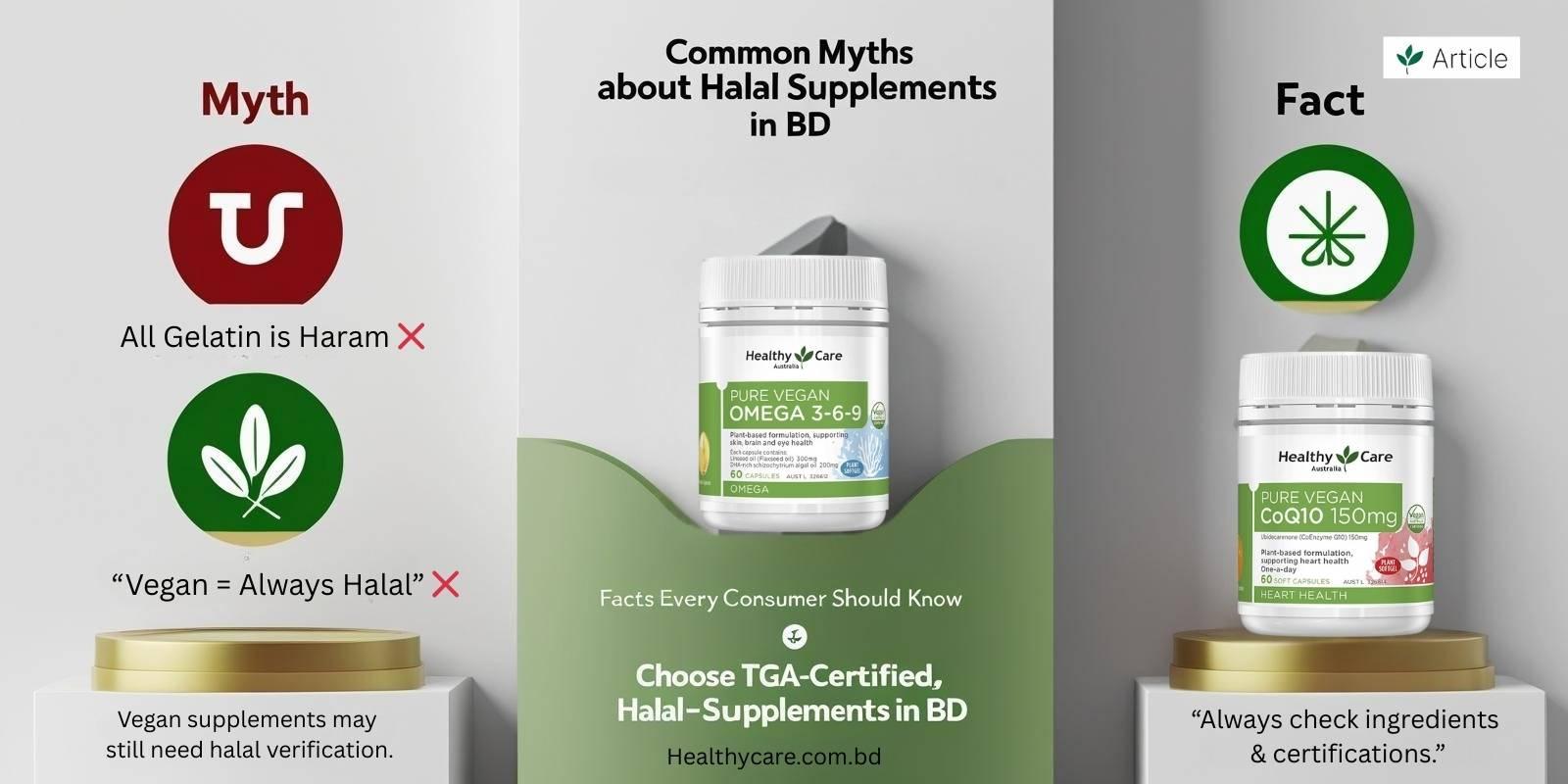
Common Myths About Halal Supplements in BD
Written by: Ayesha Rahman, Nutrition & Halal Food Compliance Specialist
Reviewed by: Dr. Tanvir Hossain, MBBS, Nutrition & Lifestyle Medicine Consultant
🌱 Introduction – Why Halal Supplements Matter in Bangladesh
With over 90% of the population identifying as Muslim, halal compliance in healthcare is becoming increasingly important in Bangladesh. Supplements are not just about health — they must also meet religious and ethical standards.
For many, ensuring their vitamins, fish oils, and herbal capsules are halal-certified provides peace of mind that what they consume aligns with their faith and lifestyle.
✅ What Makes a Supplement Halal?
- ❌ No pork-derived ingredients (gelatin, enzymes).
- ❌ No alcohol in processing or formulation.
- ✅ Clean, ethical sourcing of raw materials.
- ✅ Certification from an authorized halal certification body.
💡 Example: Fish oil capsules may be halal if the gelatin used is plant-based or halal-certified bovine instead of pork-derived.
🔍 How to Identify Trusted Brands for Halal Supplements?
- Check halal certification on the product label.
- Look for global recognition (e.g., Australian, UK, or US brands with certification).
- Review ingredient sourcing transparency — halal brands will disclose details clearly.
- Buy from authorized resellers — avoid random markets or unverified online shops.
⚠️ Challenges of Finding Trusted Halal Supplements in BD
- ⚠️ Fake or counterfeit products circulating in local markets.
- ⚠️ Non-certified imports without proper halal verification.
- ⚠️ Lack of awareness among consumers about halal labeling and certification.
This makes it essential to choose trusted global brands and reliable sellers.
Top Halal Supplements from Healthy Care in Bangladesh
Healthy Care Australia is one of the most trusted halal-friendly supplement brands now available in Bangladesh. Each product is manufactured under TGA (Therapeutic Goods Administration, Australia) standards, ensuring purity, safety, and halal compliance.
Healthy Care Pure Vegan Omega 3-6-9 – 60 Capsules
- Provides plant-based essential fatty acids for brain, skin, and heart health.
- Enhances skin hydration and natural glow without fish oil.
- Supports cholesterol balance and cardiovascular wellness.
- Pure omegas, no compromise — nourish your body the vegan way.
Healthy Care Blood Sugar Control with Berberine – 100 Capsules
- Helps maintain healthy blood sugar levels naturally.
- Supports weight management and metabolism balance.
- Promotes gut and cardiovascular health with berberine’s antioxidant properties.
- Balance your energy, protect your future — natural blood sugar support you can trust.
Healthy Care Liver Detox – 100 Capsules
- Supports liver cleansing and detoxification with herbal extracts.
- Promotes digestion and nutrient absorption.
- Helps maintain skin clarity and overall vitality by reducing toxin buildup.
- Refresh your body from within — Australian herbal liver support for everyday wellness.
Healthy Care High Strength Ashwagandha – 60 Tablets
- Reduces stress, anxiety, and cortisol levels naturally.
- Enhances mental clarity, energy, and focus.
- Supports hormonal balance and reproductive health.
- Calm mind, strong body — harness the ancient power of Ashwagandha in one potent tablet.
🛒 Where to Buy Authentic Halal Supplements in Bangladesh
- 🛒 HealthyCare.com.bd – The official platform for authentic Healthy Care supplements.
- Authorized resellers and importers listed on the brand’s site.
- ⚠️ Avoid unverified online shops or street-side vendors — counterfeit risks are high.
💡 Tips Before Purchasing Halal Supplements
- ✅ Always verify halal certification on the product.
- ✅ Compare ingredients with trusted halal standards.
- ✅ Check customer reviews and importer reputation.
- ✅ Confirm return/exchange policies for peace of mind.
✅ Conclusion – Choose Wisely for Health and Faith
Halal supplements are more than just vitamins; they are a matter of faith, health, and trust. By choosing certified brands like Healthy Care Australia, Bangladeshi consumers can ensure their supplements are both effective and halal-compliant.
Always buy from trusted, certified sources like HealthyCare.com.bd to safeguard both your health and your halal lifestyle.
📖 Relevant Blogs
⚠️ Disclaimer
This article is for educational purposes only. Always consult your doctor before starting any supplement. Ensure halal compliance by checking certifications and sourcing information.

